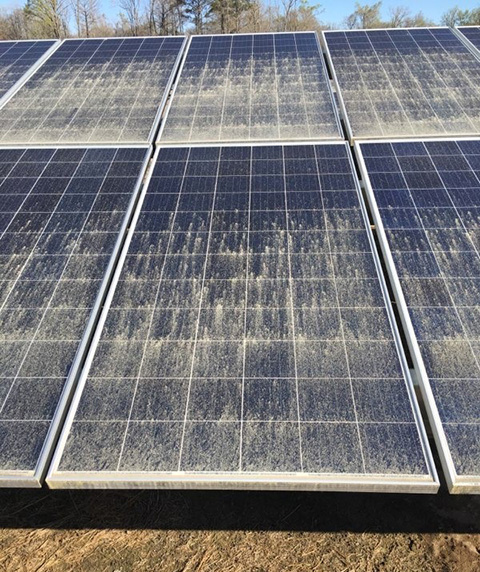2023-12-18 米国国立再生可能エネルギー研究所(NREL)
◆2019年のデータを基にしたこの研究では、110百万トンの段ボールと紙くずのうち約56%が埋め立てられ、38%がリサイクルされ、残りが焼却されていたことが判明しました。これは全体の約四分の一の市町村ごみで構成され、新聞、雑誌、本、ナプキン、ジャンクメール、写真、ピザボックス、牛乳パックなどが含まれます。これらの資源のエネルギー価値は埋め立てによって失われ、サーキュラーエコノミーを実現するためには資源を有効に回収する投資が必要です。
◆南東部が最も高い埋め立て割合を示し、地理的な分析により廃棄物を逆転する機会がある「ホットスポット」も明らかになりました。これらの資源を埋め立てずに回収することで、経済、環境、エネルギーの利益がもたらされると指摘されています。
<関連情報>
- https://www.nrel.gov/news/press/2023/news-release-nrel-research-quantifies-losses-from-cardboard-paper-waste.html
- https://www.sciencedirect.com/science/article/pii/S2949750723000470
米国の紙・段ボール廃棄物:地理的、市場、エネルギー評価 Paper and cardboard waste in the United States: geographic, market, and energy assessment
Anelia Milbrandt, Jarett Zuboy, Kamyria Coney, Alex Badgett
Waste Management Bulletin Available online: 14 December 2023
DOI:https://doi.org/10.1016/j.wmb.2023.12.002
Highlights
•Spatially explicit assessment of paper/cardboard waste in the United States.
•About 110 million tons of paper/cardboard waste was managed domestically in 2019.
•About 56% of paper/cardboard waste in the United States is landfilled annually.
•Landfilled waste represents opportunities for resource and energy recovery.
Abstract
Reliable data on U.S. paper and cardboard waste by location and type are critical for developing waste-reduction solutions, but detailed geographic analysis is lacking in the literature. In this study, we employ statistical and geospatial methods to assess paper and cardboard waste in the United States by type at the national, state, county, and local levels. Of the estimated 110 million tons of paper and cardboard waste managed domestically in 2019, approximately 56% was landfilled, 6% was combusted, and 38% was recycled. The estimated market value of paper and cardboard lost to landfilling in 2019 was $4 billion, and the estimated losses of embodied energy and combustion energy were equivalent to 9% and 4% of U.S. primary industrial energy consumption, respectively. Associated landfilling fees amounted to almost $4 billion. This study aims to inform efforts to implement beneficial waste-management strategies by policy makers, researchers, businesses, and communities across the United States.
Graphical abstract




